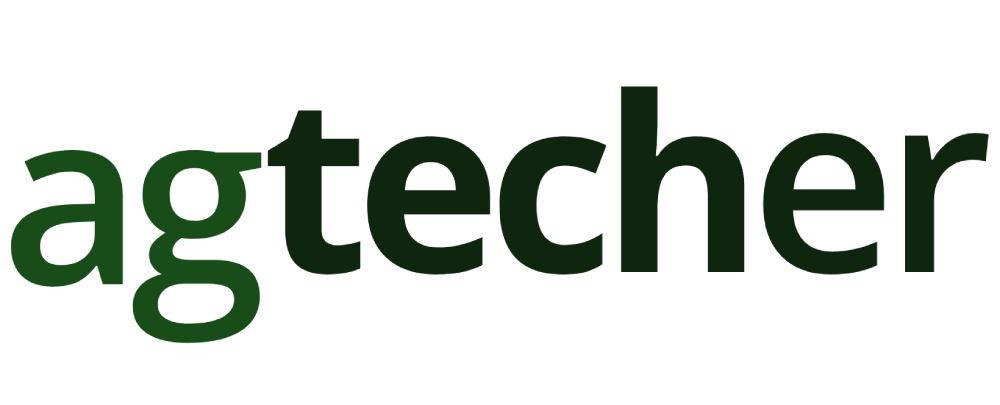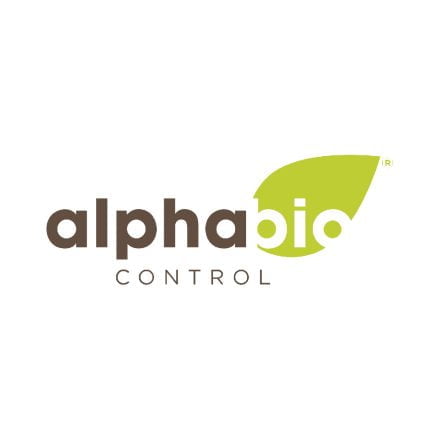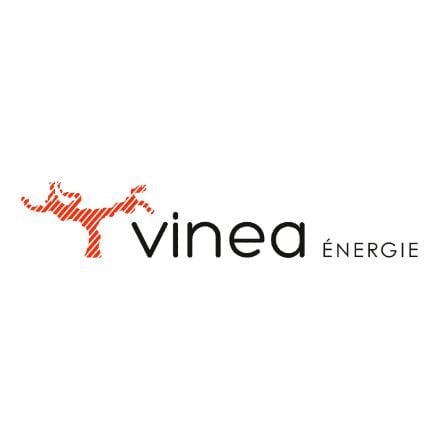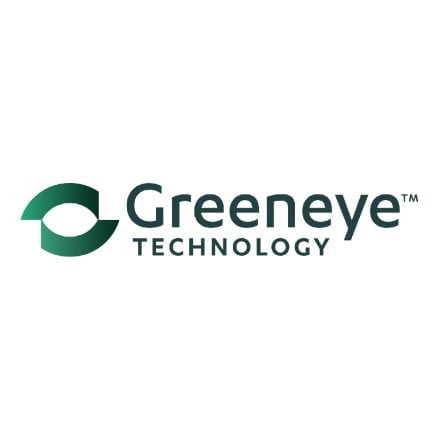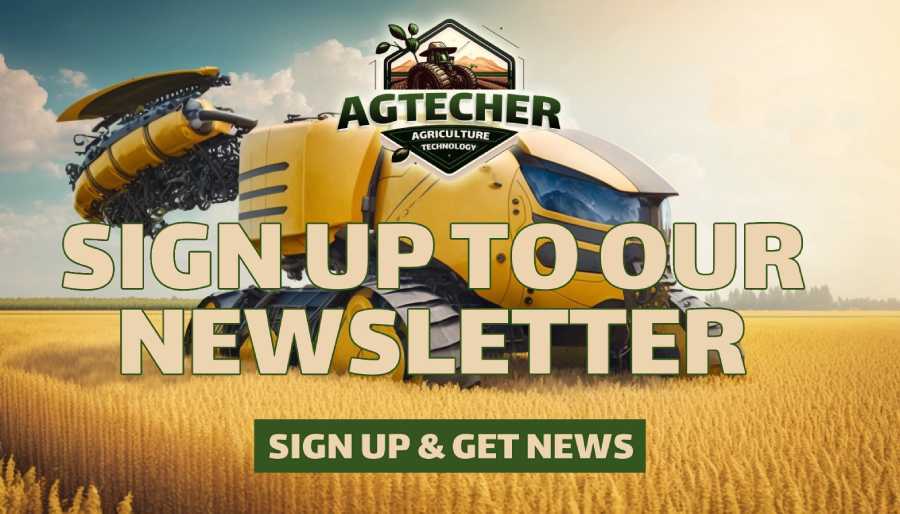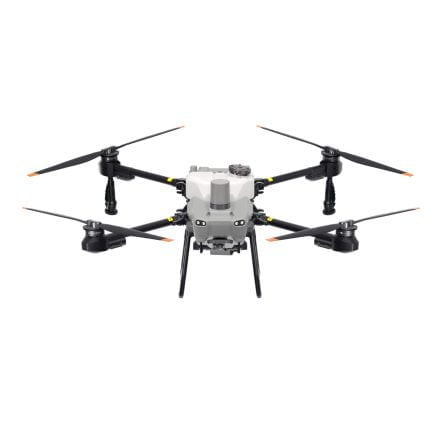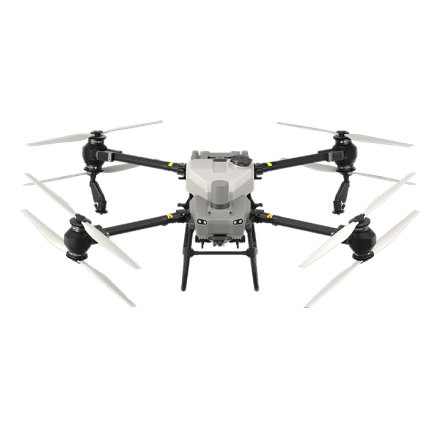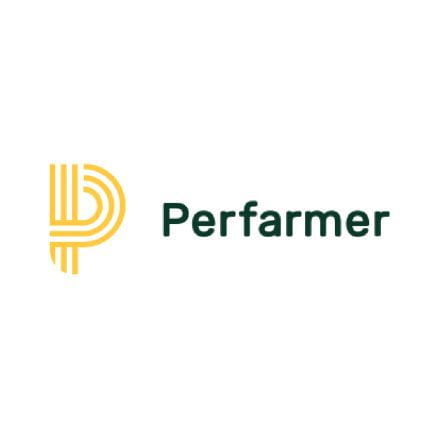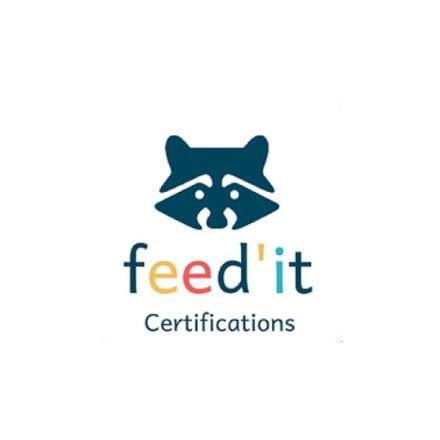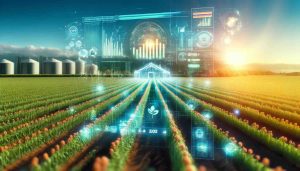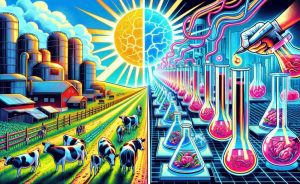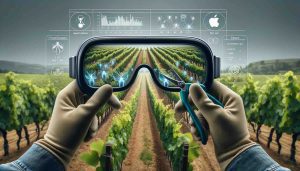Description
In an era where sustainability is not just a choice but a necessity, the agricultural sector stands at the forefront of scientific innovation aimed at reducing environmental footprints while enhancing productivity. Among these innovations, FutureFeed’s introduction of Asparagopsis seaweed as a livestock feed ingredient marks a significant advancement. This solution directly addresses one of agriculture’s most challenging issues: methane emissions from livestock, which are a major contributor to global warming.
Asparagopsis Seaweed: A Path to Sustainable Livestock Farming
The core of FutureFeed’s technology lies in the use of Asparagopsis seaweed, a species native to Australian waters, which has been scientifically proven to reduce methane emissions in ruminant animals by over 80%. This reduction is achieved through the inclusion of a small amount of Asparagopsis in the animals’ diet, which acts on the stomach’s microbes responsible for methane production. The implications of this are profound, offering a way to significantly lessen agriculture’s environmental impact while maintaining, if not improving, feed efficiency.
The Science Behind Methane Reduction
At the heart of FutureFeed’s product is a decade of rigorous scientific exploration, collaboration, and discovery. The journey began with identifying the potential of native Australian seaweeds in reducing methane emissions from livestock. Asparagopsis stood out early in the research phase for its remarkable efficacy. This seaweed contains bioactive compounds that, even in small amounts, drastically reduce the formation of methane by altering the microbial environment within the rumen, the first stomach in ruminant animals where methane production primarily occurs.
- Bioactive Compounds: The key to Asparagopsis’s effectiveness lies in its bioactive compounds that target and disrupt methane-producing microbes in the rumen.
- Versatile Application: The product is versatile, available as both a freeze-dried powder and an edible oil, ensuring ease of integration into various feeding routines.
Enhancing Feed Efficiency
Beyond its environmental benefits, Asparagopsis has shown potential in improving feed efficiency. Early indications suggest that the energy otherwise lost as methane can be redirected towards better growth performance in livestock. This not only contributes to more sustainable farming practices but also to the economic viability of adopting Asparagopsis as a feed additive.
Technical Specifications
- Form: Available as a stabilized freeze-dried powder and an edible oil.
- Methane Reduction Efficacy: Reduces methane emissions by over 80%.
- Application: Suitable for feedlot and dairy total mixed rations, and for dairy cows supplemented twice daily at milking.
- Safety: Proven safe for livestock with no adverse effects on rumen function or feed digestibility.
- Product Quality: No detectable residue in meat or dairy products, ensuring consumer safety and product quality.
About FutureFeed
FutureFeed is an initiative that has grown out of a collaboration between CSIRO (the Commonwealth Scientific and Industrial Research Organisation) and several industry partners. Established in Australia, FutureFeed holds the global intellectual property rights for the use of Asparagopsis seaweed in livestock feed to reduce methane emissions. The company’s journey began with a focus on leveraging scientific research to address environmental challenges while improving agricultural productivity.
- Country: Australia
- History: Launched in 2020, based on over a decade of research into methane reduction.
- Insights: FutureFeed is at the forefront of agricultural innovation, committed to reducing the carbon footprint of the livestock industry while supporting global food security.
For further information and insights into their pioneering work, please visit: FutureFeed’s website.
